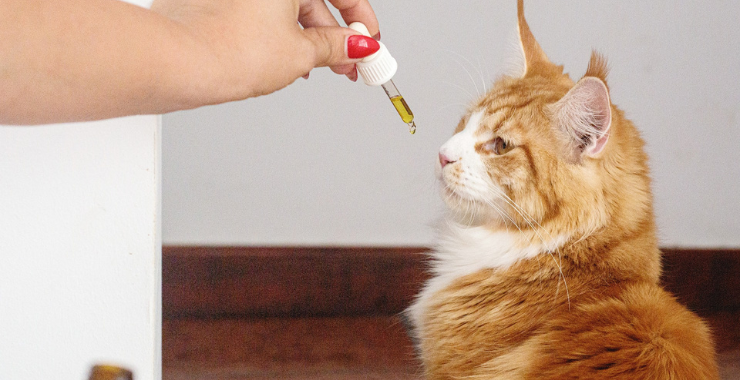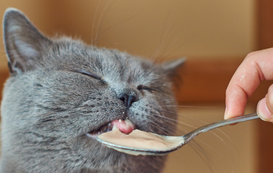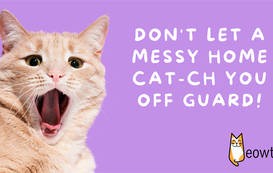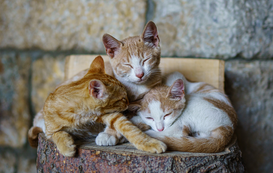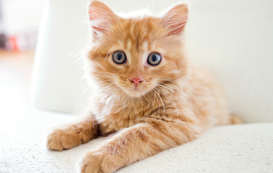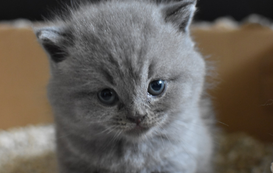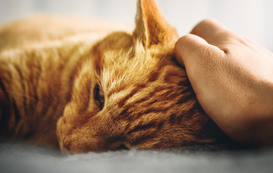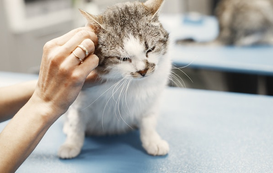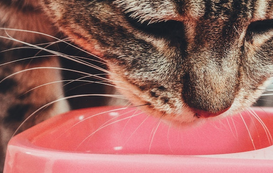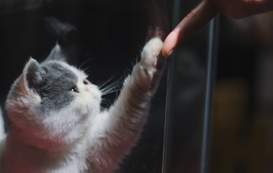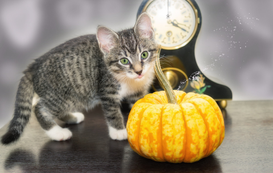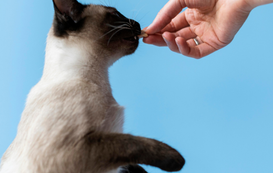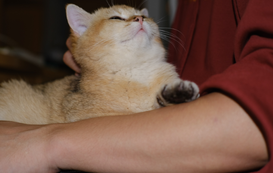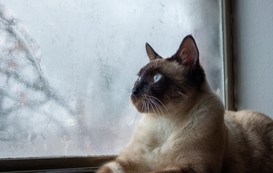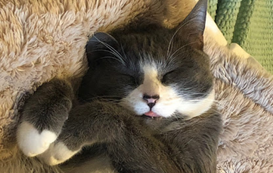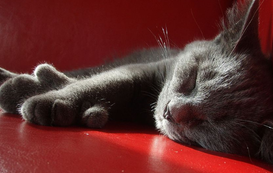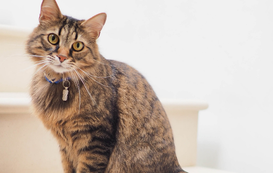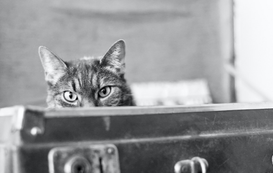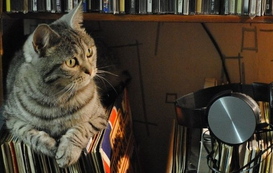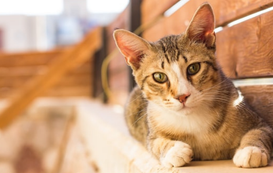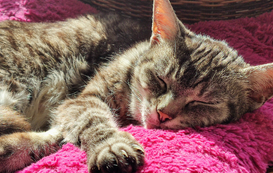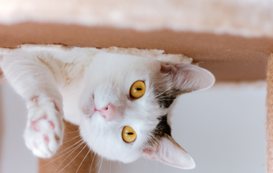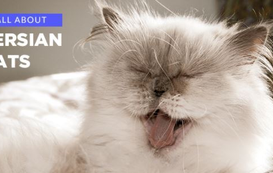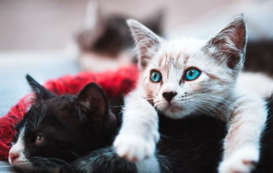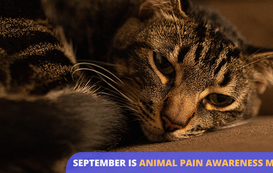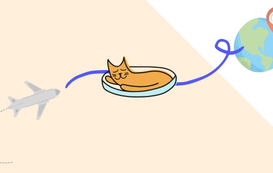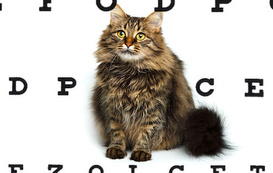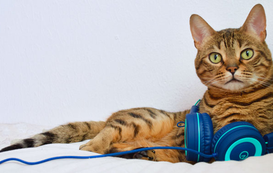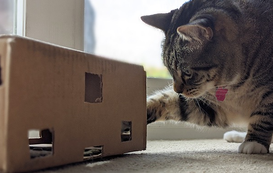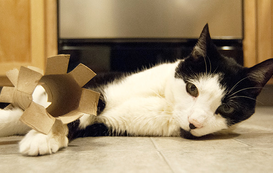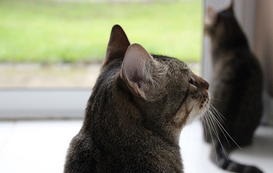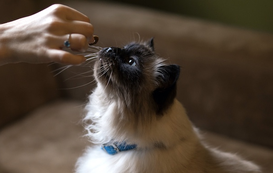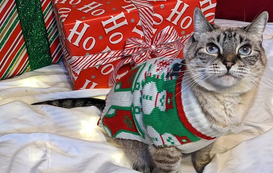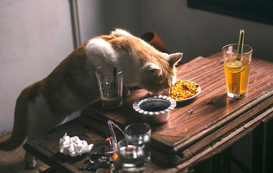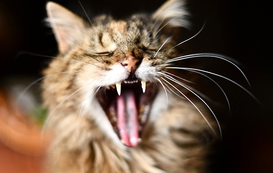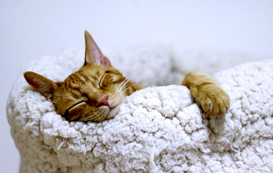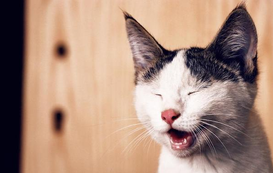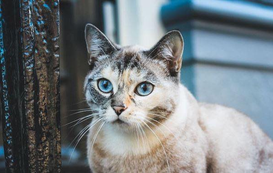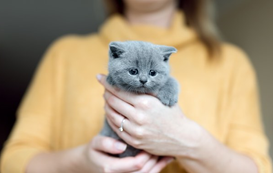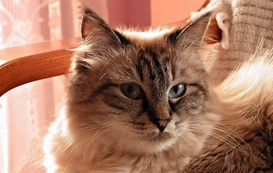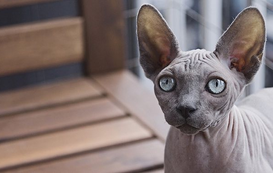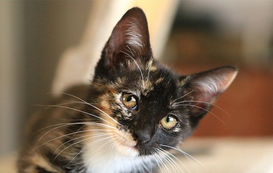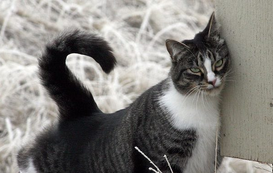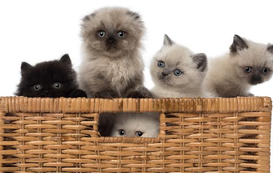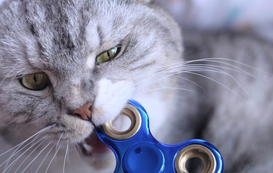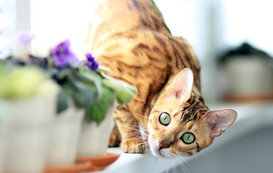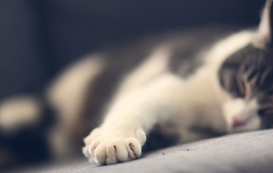Many people take supplements to maintain their health and possibly even lengthen their lifespan. So, when we think about wellness and longevity for our cats, it's only natural to ask, "Does my cat need to take any supplements?" Well, before answering this question yourself, there is someone else you should ask - your cat's vet! (Always consult your kitty's healthcare provider before administering any new supplements or medications.)
Do Most Cats Need Supplements?
The average kitty does not need to take supplements so long as they consume a good diet. Cats need a minimum level of vitamins and nutrients as well as nutrients such as protein, amino acids, and minerals. If cats consume a commercial food labeled "complete and balanced," you can be confident that they are meeting their basic nutritional needs. According to the FDA, this phrase appearing on the label means the product is sufficient to be fed as a pet's sole diet and should be nutritionally balanced.
So, considering this, unless there's some underlying condition with a cat, it's unnecessary to supplement their diet. That being said, although most cats don't need additional nutritional supplements, some might benefit from them depending on their diet, age, and medical history.
From Kittenhood to Golden Years
A cat's age affects their nutritional needs and should always be considered when choosing a food formula. That is why modern cat food is formulated for cats' various life stages and provides them with the particular nutrients they need at that given time.
For instance, kittens have higher protein and fat needs than adult cats, which is why store-bought cat foods specially formulated for kittens include increased levels of both. At the other end of the spectrum, a senior-cat formula will typically contain antioxidants to help counteract the effects of aging. So, these diets provide what the cats require without the need for additional sources. And, an average adult cat between these two life stages gets appropriate nutrients from "complete and balanced" regular food formulas.
However, not every cat is "average," and some cats might need extra help. A cat may be genetically predisposed to certain conditions where nutrition supplements can benefit them, or their diet may not have enough of a particular mineral or vitamin to support their specific health issue. In these cases, adding vitamins or nutrients might be appropriate. For instance, special nutrient needs can occur in pregnant cats (in some cases, calcium supplementation is needed) or cats experiencing the onset of renal failure (

